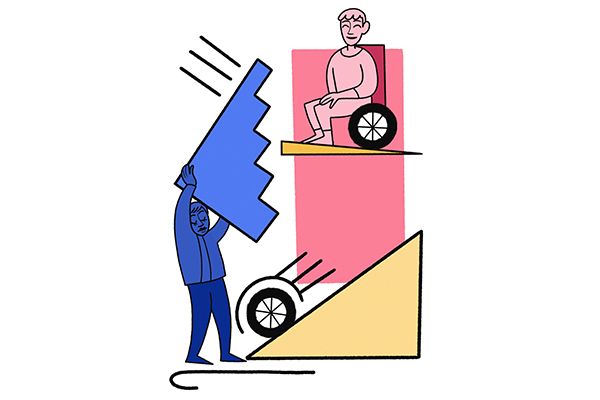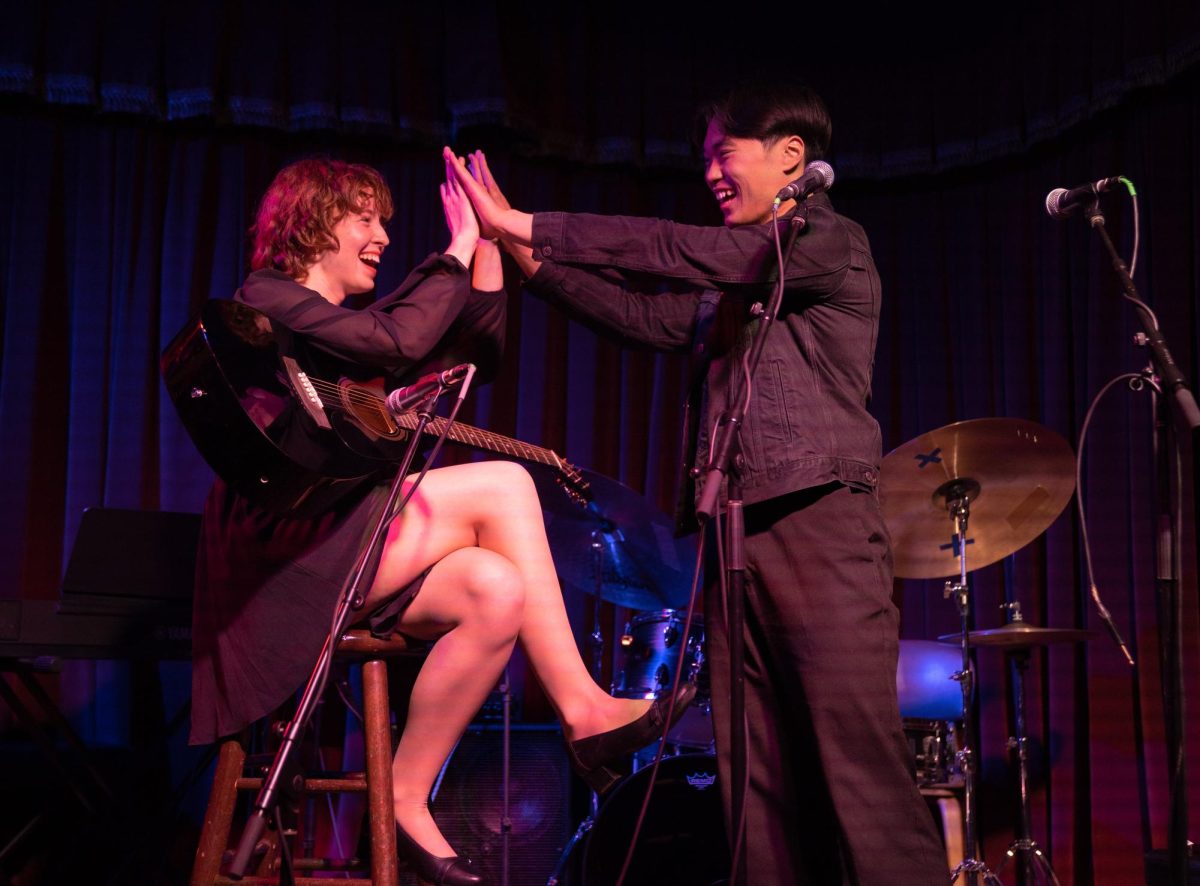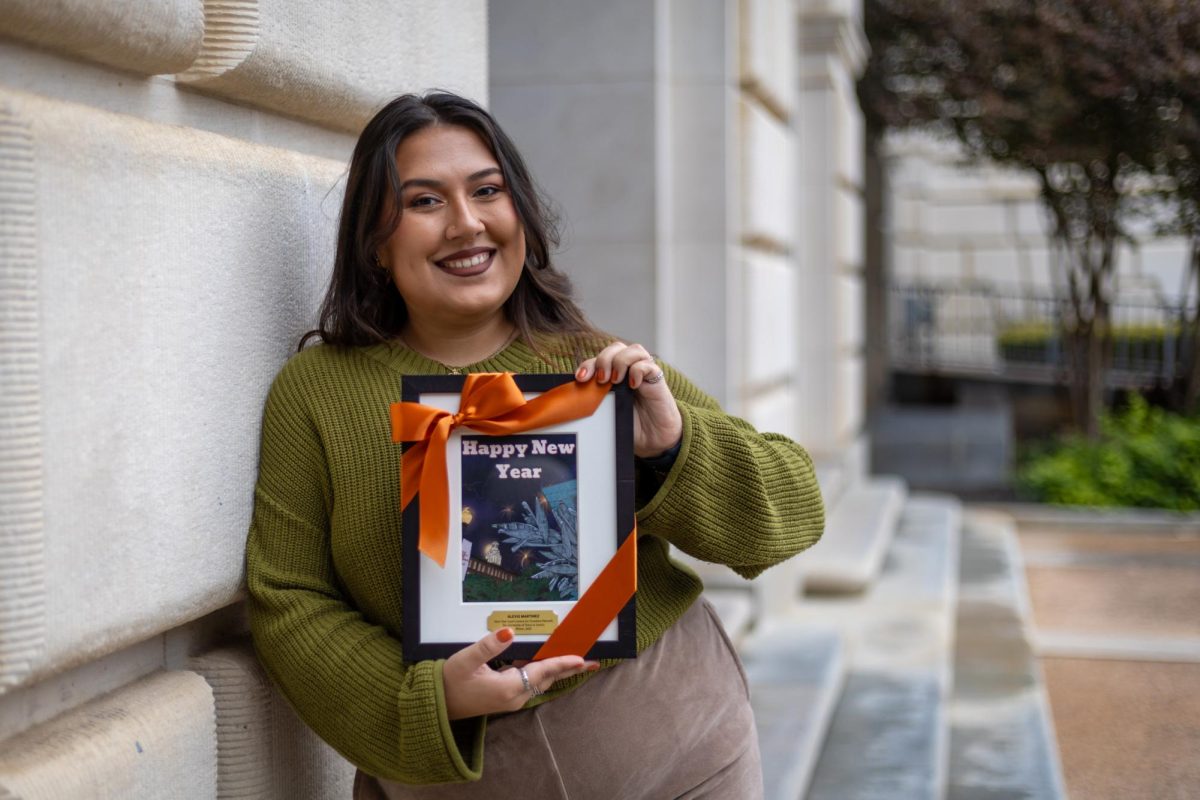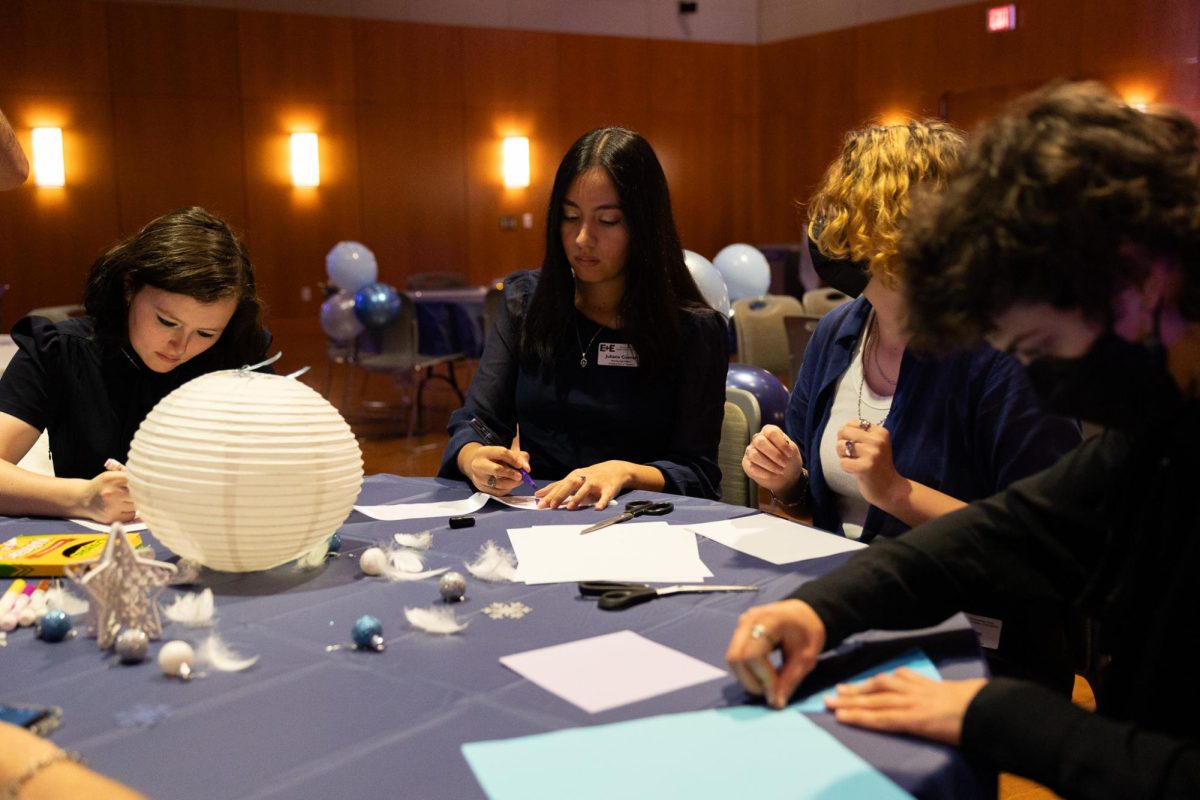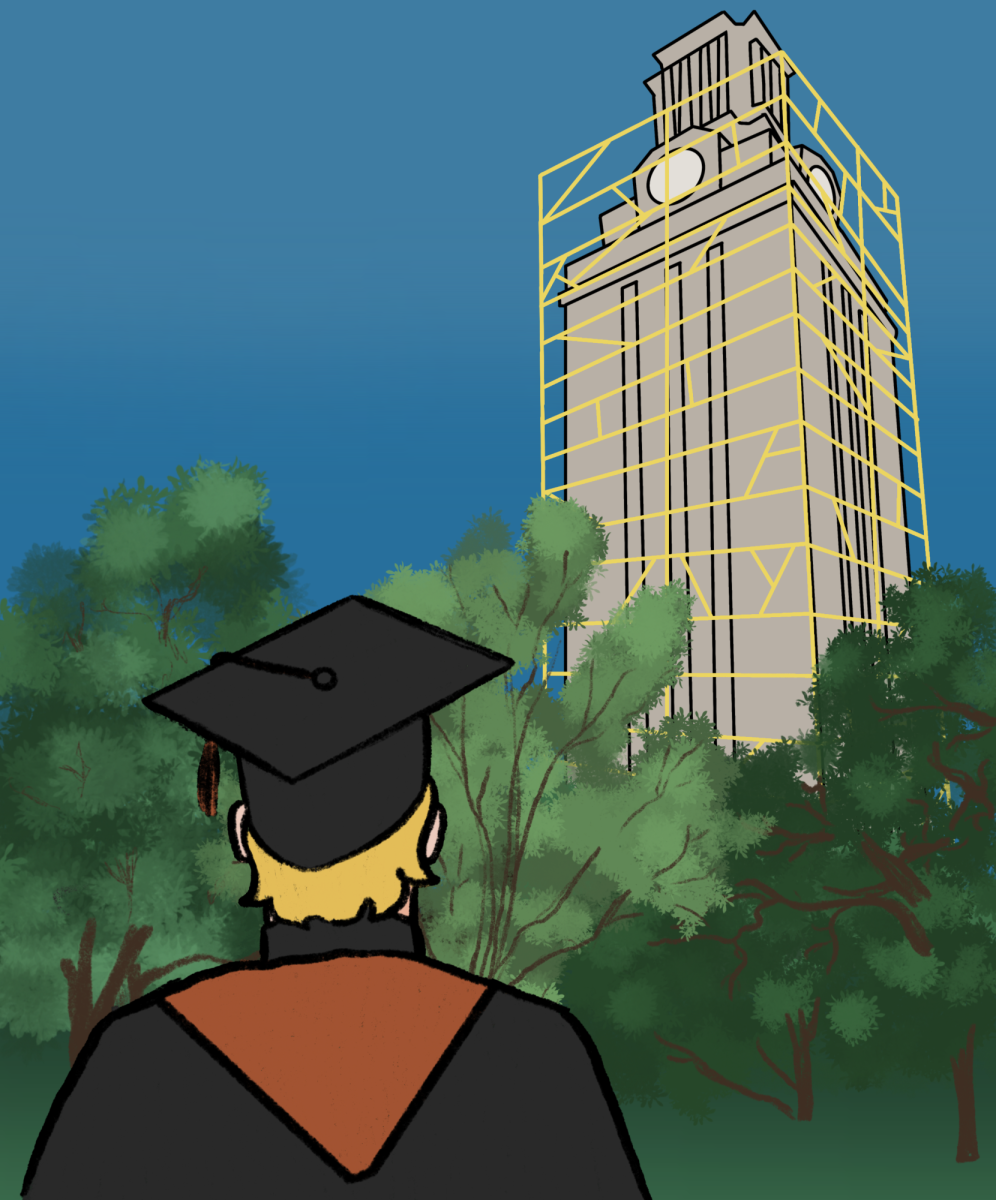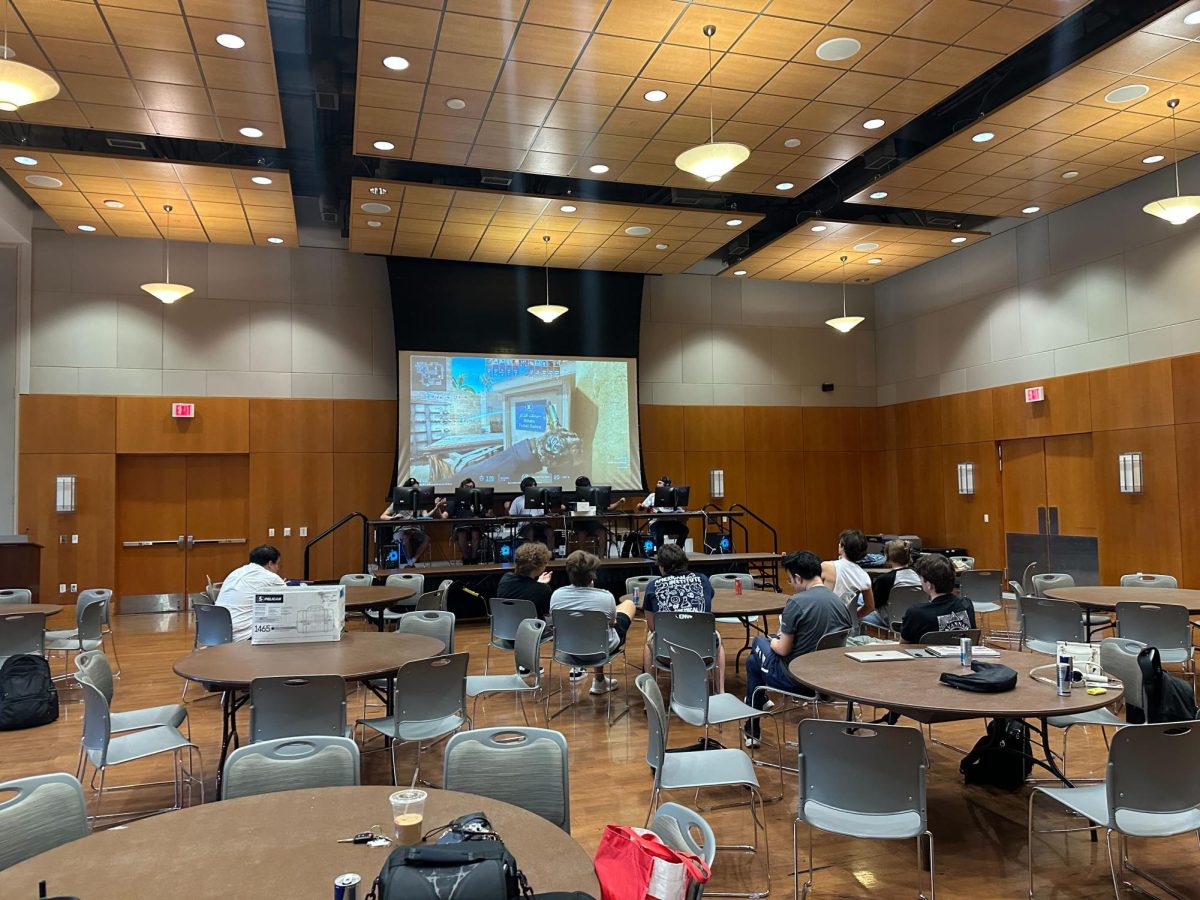Disability advocates on campus have asked for an easier accommodations process for years. With the transition to online classes, they finally got it.
Accommodations are a way to increase access to courses for disabled students who register with Services for Students with Disabilities. But getting them is difficult, and not all professors are willing to abide by them.
After the switch to online classes, Kasturi Bandyopadhyay said she noticed the attitude surrounding accommodations dramatically changed.
“When it was just one or two of us asking for the same thing, (professors were) like, ‘No, my hands are tied,’” recent graduate Bandyopadhyay said. “It felt like it was so much work (accommodating) two students, but now they’re doing it for a class of 70 or 100 students like it’s no problem.”
The online format didn’t remove the need for individual accommodations, but it did make classes more accessible by changing attendance requirements and increasing flexibility with assignments.
Now, members of the Student Government Disabilities and Inclusion Agency are campaigning for these changes to remain after UT returns to in-person classes.
Taryn Medina, Ria Otwani and Alejandra Zuniga started a petition called “AccessibilUT” and listed several accommodations, such as mandatory online office hours and a minimum of two unexcused absences, that they hope to make available to all students.
“We're at a turning point right now where there's so much that can be done,” said Medina, youth and community studies senior. “Why not implement these practices into standard practices?”
Medina said the Disabilities and Inclusion Agency formed the list after talking to disabled students on campus. Then, Otwani said they tried to include accommodations that were implemented in the transition to online classes.
“This global health pandemic has allowed for UT to just give us all these available resources that could have been placed before,” said Otwani, management information systems junior.
The Disabilities and Inclusion Agency also worked with Emily Shryock, assistant director of SSD. Shryock said the accommodations listed on the petition are not “resource-intensive,” meaning any additional funds from the University or time from individual professors would be marginal. Online office hours could be provided using the existing University Zoom account, and SSD already owns software to provide closed-captioning on videos.
SSD has always encouraged professors to make their classes flexible and accommodating for all students, Shryock said. Because of the pandemic, conversations about accessibility have become more common.
“We're learning a lot of things about barriers for students, and the barriers we've already known about are being exposed a little bit more,” Shryock said. “So, I think there is an openness and willingness to learn and change by necessity that we haven't seen before.”
SSD works with students who have documentation for their disability but also knows some disabled students on campus don’t have access to get a formal diagnosis. The changes the Disabilities and Inclusion Agency is suggesting could benefit all students, Shryock said.
Promoting more equal access is another reason for the campaign, Medina said.
“If UT is serious about creating a successful environment for all students to learn, we have to limit the barriers,” Medina said.
UT has already made the changes the Disabilities and Inclusion Agency is asking for, Medina said. If they aren’t kept, Medina said it would show the University only cares about accommodations when they impact the able-bodied population.
Medina is graduating this summer, so she won’t be at UT to see the benefits of the accommodations campaign. For her, this isn’t about her own accommodations, but increased access for all.
“Can we really say we're one University when we actively disregard barriers and choose not to eliminate (them) so we can have an opportunity for everybody to succeed?” Medina said. “I think UT is very hypocritical in that sense.”

